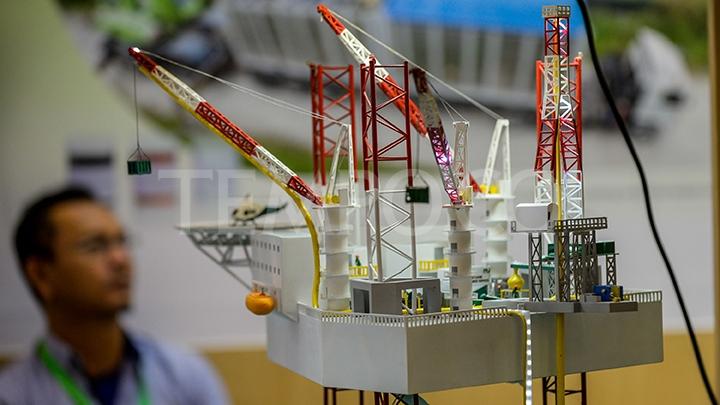14 Percent of Unemployment are College Graduates, But Why?
Translator
Editor
21 June 2022 12:12 WIB

TEMPO.CO, Jakarta - Statistics Indonesia (BPS) data as of February 2022 revealed that the unemployment in Indonesia reached 5.83 percent of the total 208.54 million population, and 14 percent of the unemployed are college graduates with diplomas and bachelor’s (S1) degrees.
Citing the Airlangga University (UNAIR) website on Tuesday, Praweda Ciptakarsa Informatika human capital head Alfeus Nehemia said this condition is an irony as “People who are incidentally studying higher education to land better jobs are actually unemployed,” he said.
As a person responsible for hiring and recruiting workers, he offered possible reasons behind this phenomenon, which starts with the skillset honed by the graduates that are incompatible with the needs of corporations or the industry. Based on experience, he often finds himself in a situation where it is difficult to recruit people with the qualifications the company expects.
"If you say it's hard to find work, we as a company also say it's hard to find employees. As a result of the mismatch between the required and available skills,” said the UNAIR graduate.
He also revealed that over expectation from the fresh graduates looking to land a job as he reminded people that graduating from a renowned university does not guarantee a person’s employment, but rather competence is essential.
“The company is not only looking at what school you graduated from, but from your competence and whether you are worth the high wage,” he added.
In addition to the aforementioned issue, limited job opportunities must also be factored in. Alfeus said the condition was exacerbated by the Covid-19 pandemic which caused massive layoffs and disrupted the imbalance between the unemployed and available jobs.
"Almost 29.12 million people of working age have been affected by the pandemic. Maybe it has recovered a bit, but keep in mind that new graduates who are waiting to get a job are always increasing every year,” he said.
Therefore, he continued, the challenges of the post-pandemic young generation to find work are even more difficult. "Because they have to compete with thousands of people for less and fewer job opportunities," he explained.
DEVI ERNIS
Click here to get the latest news updates from Tempo in Google News























